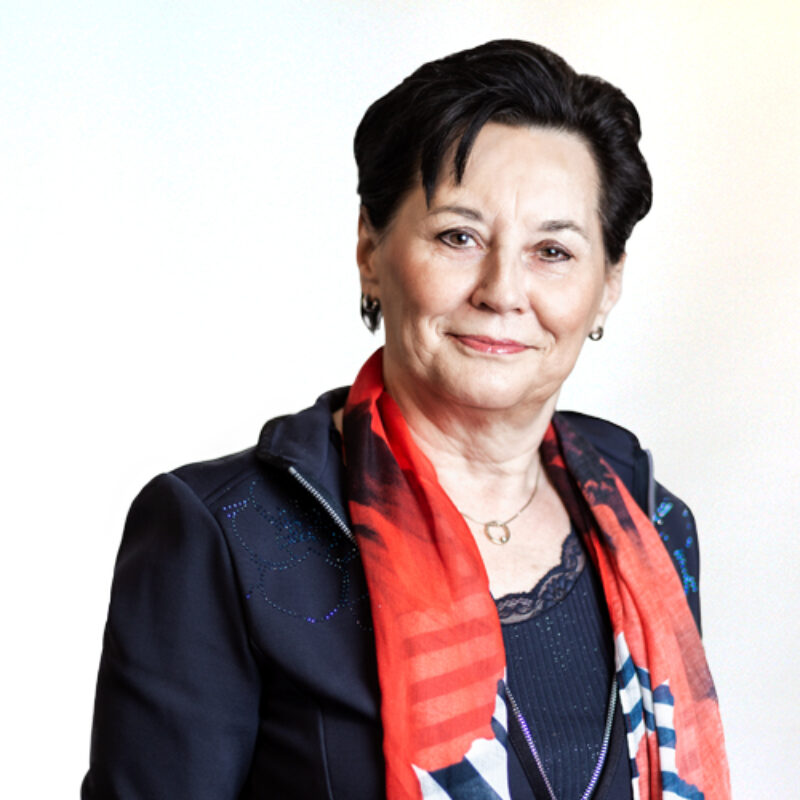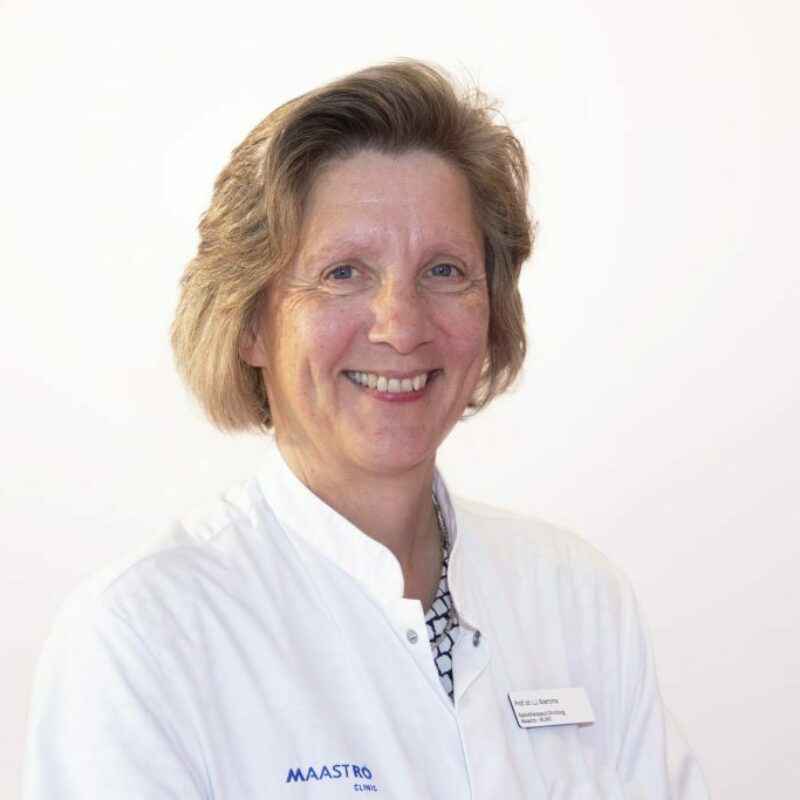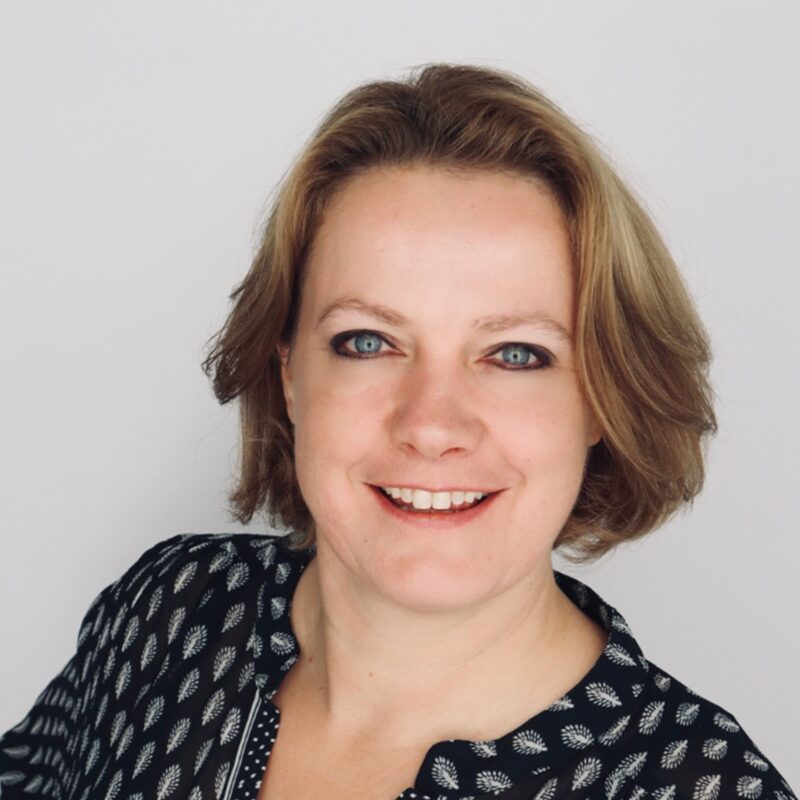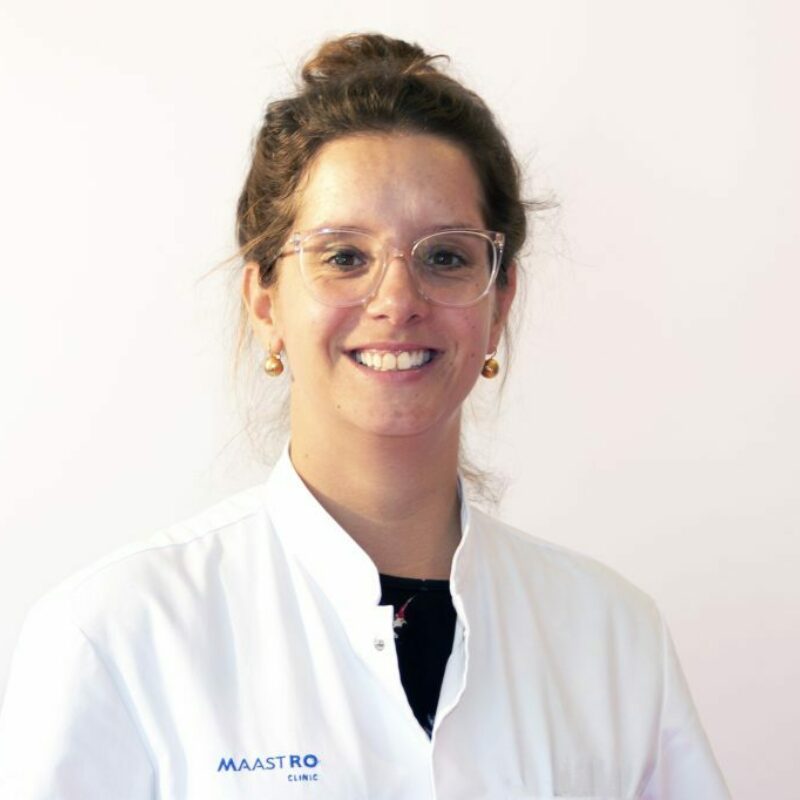Innovation Implementation Research
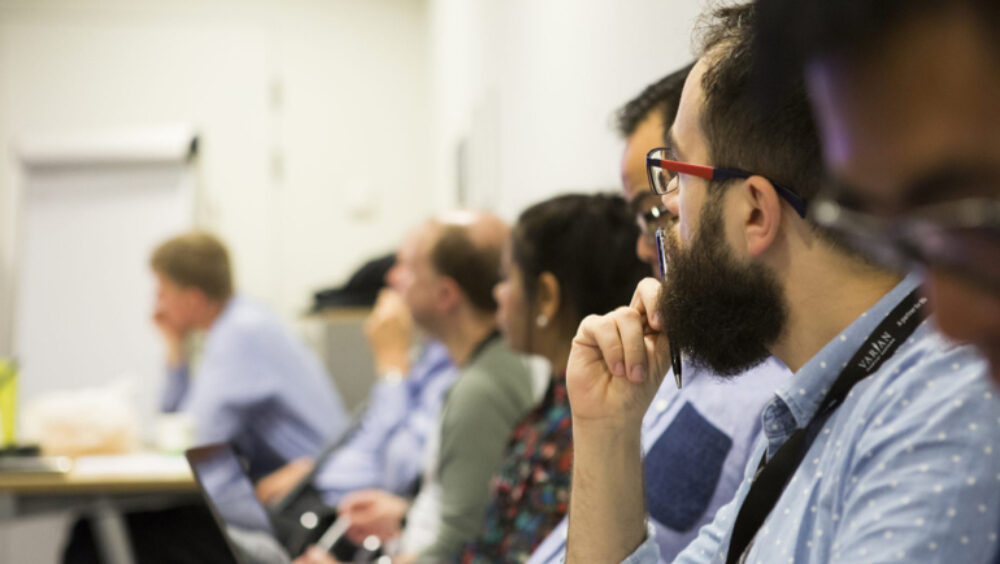
Within innovation implementation research, we conduct research into the implementation of innovations in healthcare, particularly in a radiotherapy setting. The aim is for the patient to benefit more quickly from these innovations, or for the organization to improve. Innovations are interesting if they have added value for the patient, organization, or for employees.
Vision and ambitions
Our mission is to make the implementation of innovations in radiotherapy faster, more effective, and more efficient.
We believe that innovations are the driving force behind development in radiotherapy and necessary to improve outcome for patients (higher survival and lower toxicity) as well as improved quality of life. Currently, 45% of all innovations in Dutch radiotherapy centers are delayed by more than half a year or fail after all. Our ambition is to reduce this percentage, so that innovations reach the patient sooner or organizational innovations are introduced more efficiently.
Research themes
With the prediction model, we can predict the success rate of an innovation implementation project. The model provides insights in the factors that should be considered to be successful. We are constantly trying to improve the model using data and further research. We are also investigating how this model can be applied not just in radiotherapy but also for e.g., digital innovations. With the model we want to improve the implementation rate in health care since research shows that half of all innovations projects started are not timely implemented or not implemented at all.
This research is based on the question of how to increase the adoption of a radical innovation. We focus for example on radical innovations like proton therapy.
We are conducting research into the possibilities and impact of digital innovation. Digital innovation can empower both patients and staff. We are studying ways to increase adoption of digital innovations by patients, e.g., Maastro's patient portal, and ways to optimize the patient journey, e.g., by investigating the potential for virtual assistants and video consults. And finally, the effect of digital transformation on Dutch RTTs is investigated in terms of job performance and well-being.
We are conducting research on how to get Artificial Intelligence (AI) applications from, for example, physics based research, faster and safer into the clinic. An ongoing study investigates the needs of AI developers and clinical practitioners with a multidisciplinary approach to bridge the gap between AI development and clinical implementation. The end goal is to aid the clinicians in their work by providing innovative AI tools to improve their work or reduce workload. With a design thinking approach, we bring together clinicians, AI developers, and other stakeholders to develop an AI tool that is safe to use in a clinical setting, and provides a good and easy to use support to clinicians.
At the moment we conduct three studies in the organisational field. The leadership study, which looks at how leadership can become more effective in a clinical environment that is focused on innovation using the MLQ. In another study we want to investigate whether an improvement plan based on an IT operating model with 5 maturity levels (based on CMMI as the most used framework in literature for MM as described above), will ultimately result in a better IT performance. With this study we aim to provide more scientific evidence for the use of IT operating models to improve IT performance in order to contribute to closing the gap in the field of the use of IT operating models in scientific literature. This will also help practitioners to be more responsive to the impact of digital transformation on their organization and their stakeholders.
Finally we will conduct a study on projectmanagement methodology to find out what method works best for innovation implementation.
In 2019 the taskforce innovation implementation was raised with as aim to share knowledge and experiences with innovation implementation in radiotherapy centres in the Netherlands. As a result of the project INNOVATE, a part of the website of the dutch radiotherapy society (NVRO) is dedicated to innovation implementation. At this part of the website experiences and lessons learned about innovation implementation are shared.
Publications
Please be invited to read more about our publications.
Our multidisciplinary manuscript "Analysing the determinants to accept a virtual assistant and use cases among cancer patients: a mixed methods study" has been accepted for publication in BMC Health Services Review. The paper is written by Martien van Bussel (Maastro), Gaby Odekerken–Schröder (Maastricht University), Carol Ou (Tilburg University), Rachelle Swart (Maastro), and Maria Jacobs (Maastro and Tilburg University) with great help from our research assistant and previous intern at Maastro Dominik Brandmayr -13th of June 2022.
Our manuscript “External validation of a prediction model for timely implementation of innovations in radiotherapy.” is submitted in Radiotherapy and Oncology and currently under review. The paper is written by Rachelle Swart (Maastro), Rianne Fijten (Maastro), Liesbeth Boersma (Maastro), Petros Kalendralis (Maastricht University), Myra Behrendt (Leiden University Medical Center), Martijn Ketelaars (Leiden University Medical Center), Cheryl Roumen (Maastricht University), Maria Jacobs (Maastro and Tilburg University).
The revision of our manuscript “The Impact of Radical Innovation on Healthcare Operations: Evidence From a Quantitative Study” written by Luca Heising, Maria Jacobs, Rachelle Swart, Geert Bosmans and Carol Ou is also under review.
PhD-students
Luca Heising, MSc
Salina Thijssen, MSc, Policy officer / project coordinator research
Rachelle Swart, MSc, Policy officer / project coordinator research
Martien van Bussel, MSc MBA, Manager patient care
